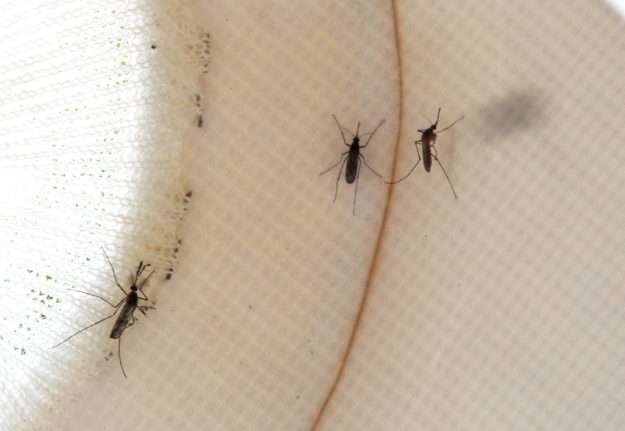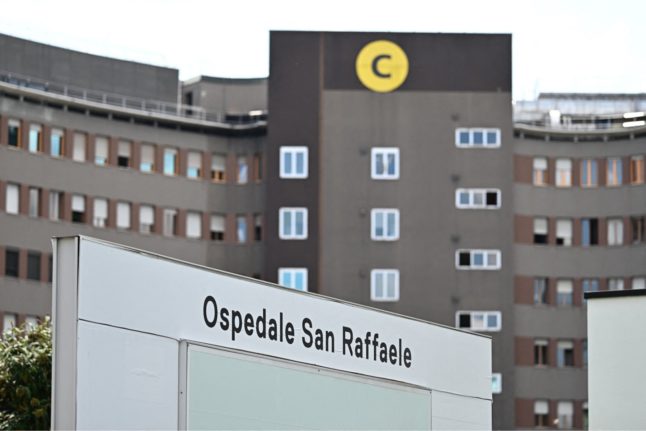Italy has recorded more than 50 new West Nile virus infections in a week, with a total number of 144 cases and ten fatalities this summer so far.
This equated to a 53 percent increase in cases over the last seven days, Italy’s Higher Health Institute (ISS) said in a report published on Thursday.
Q&A: What you need to know about Italy’s West Nile virus outbreak
Three more people died from the virus in the last week, bringing the total death toll up to 10.
All known cases and deaths so far were in the northern Italian regions of Veneto, Piedmont, Lombardy and Emilia-Romagna.
The infection is not new to Italy, but this summer has brought the highest number of cases recorded yet.
Cases remain relatively rare in Europe overall, but Italy has by far the largest number.
According to the most recent report from the European Centre for Disease Prevention and Control (ECDC), dated August 3rd, 120 cases were recorded this year so far – 94 of which were in Italy.
Greece reported 23 cases, Romania two and Slovakia one. Only Italy has reported fatalities.
READ ALSO: Italy reports a surge in deaths this summer due to extreme heat
Carried by birds, West Nile virus is transmitted to humans by mosquitoes.
West Nile fever cannot pass from human to human and most infected people show no symptoms, according to the ISS.
In healthy people the virus is unlikely to cause more than a headache or sore throat.
The infection is usually only dangerous for people with weakened immune systems such as the elderly, and the most severe symptoms occur in fewer than one percent of infected people.
There is no vaccine for West Nile fever. “Currently vaccines are being studied, but for the moment prevention consists mainly in reducing exposure to mosquito bites,” the ISS states.
Italy’s health authorities advises taking precautions against mosquitos, especially during the insects’ peak activity at sunrise and sunset. Recommendations include:
- Use repellent.
- Wear long-sleeved shirts and long trousers.
- Sleep in rooms with air-conditioning where possible and keep windows closed or screened.
- Use mosquito nets.
See more information on West Nile fever in Italy on the health ministry’s website.



 Please whitelist us to continue reading.
Please whitelist us to continue reading.
Member comments